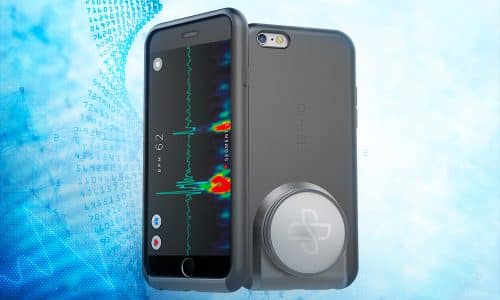U.S. regulators recently approved what is being termed the ‘world’s first digital medicine’: a pill with an inbuilt sensor that can be tracked inside the stomach, and communicates data surrounding whether—and when—patients have taken critical medication. The Food and Drug Administration are permitting the device to be used in an antipsychotic medication, with the overall goal of increased medication adherence, and the hope that the data can be used to help both doctors and patients better manage treatment.
The issue of medication non-compliance has been an ongoing challenge for pharmaceutical companies, healthcare systems, providers, and patients alike. This technology, which was developed over the past decade by Silicon Valley-based Proteus Digital Health, will be incorporated into the antipsychotic medication Abilify—which has been taken by approximately 7 million people in the United States since its inception 15 years ago.
Chief executive of Proteus Andrew Thompson asserts that the technology would allow people “to engage with their care team about their treatment plan in a new way,” supplemented by the ability to use a mobile phone to track and manage medication regimens. When patients swallow the tablet, which contains the sensor, a signal is sent to a patch worn on the body, which subsequently connects to an app on the patient’s phone: showing that he/she has taken the necessary dose. The prescribing physician will automatically receive the data; patients can also choose for family members and other providers to get the notifications. Moreover, the wearable patch has the capacity to track levels of physical activity—considered a key indicator of overall health and wellness—and allow patients to self-report mood and sleep quality.
This landmark regulatory clearance highlights the burgeoning high-tech evolution in the ways drugs are delivered, which can ultimately assist in curbing the estimated $300 billion in wasted medical spending caused by patient non-adherence. One of the bedrock pillars of the digital health revolution is making it easier for patients to comply with drug regimens, while simultaneously tracking their habits. Yet digital tracking is one of several outlined approaches to increase patient compliance; companies like Intarcia and Braeburn Pharmaceuticlas are pursuing other tactics, including the creation of implantable devices that contain up to one year’s worth of treatments for people with chronic medical needs.



